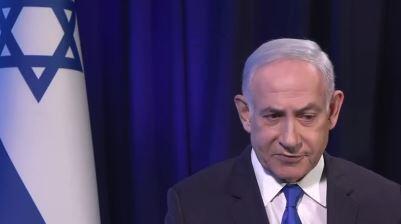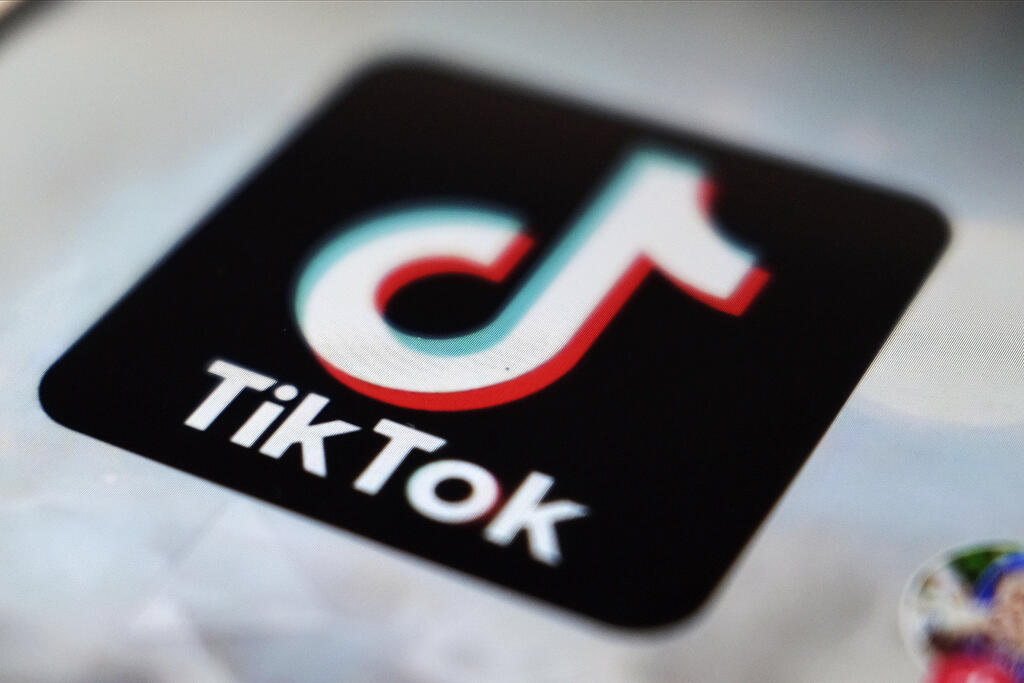Getting your Trinity Audio player ready...
In a recent meeting held at the Foreign Ministry, officials deliberated on measures to address antisemitism and anti-Israel content on TikTok. Proposals discussed included restricting access to the platform within Israel or potentially blocking it entirely should it fail to enhance transparency and curb harmful discourse.
The possibility of banning Israeli government employees from using the app was also discussed, mirroring actions taken by the U.S. government against this Chinese-owned application. The meeting, convened by the Public Diplomacy Department, included participants from the National Security Council, the National Information Directorate, the Diaspora Ministry, and the Government Advertising Office.
Participants unanimously recognized TikTok's influence during the events of October 7 and subsequent incidents. One official addressed the manipulative nature of the platform. "This is true for anti-Israel content that receives massive exposure, unlike pro-Israel content which is quickly removed by the platform itself, he said. "The danger inherent in the platform's activity is not only a danger to Israel or Jews worldwide, it is a danger to the free world."
The discussion highlighted TikTok as a major news source for young people globally. A recent PEW Research Center survey indicated that a third of young Americans consume news via the app. Another speaker emphasized the broader democratic challenge. "Since the challenge is a that of many democracies in the West, it is appropriate to work in cooperation with other countries and coordinate actions with them."
Manipulating consciousness
During the discussion, the idea of potentially blocking the network was put forward if it fails to implement measures for greater transparency and to curb harmful discourse. "This is not a platform that represents authentic democratic discourse, but rather one designed to manipulate consciousness in harmful ways," one official said.
3 View gallery


The most social media followers of all Israeli politicians, Benjamin Netanyahu
(Photo: Screenshot)
The conversation underscored that Israeli laws are inadequate for addressing this issue, suggesting that new legislation, spearheaded by the Ministry of Justice and the Ministry of Communications, is necessary. TikTok's bias was highlighted by its refusal to promote Israeli campaigns for the release of hostages, and its removal of content containing the phrase "Together We'll Win."
Officials also spoke of the influence of China, which has sided entirely with the Palestinians since the onset of the Gaza conflict. This stance is seen as part of China’s broader conflict with the USA, where any pro-American entity is deemed a foe.
Another official linked the current dynamics on U.S. campuses to the anti-Israel content prevalent among young Americans. "If the platform is not forced to account for its bias, and if it is not required to operate transparently, the issue will not stop at protests against Israel," He warned. "There are elections in both the USA and the European Union, and the network’s involvement is poised to be a significant factor in the ongoing power struggle. Only a united international front can curb this phenomenon."
Advertisers are fleeing
Several officials said that a number of Israeli advertisers have been pulling away from the platform, citing its anti-Israel bias. This sentiment was echoed by Barak Hershkovitz, who recently quit his senior position at TikTok. "I resigned from TikTok. We live in a time where our very existence as Jews and Israelis is under attack and in danger. In such an unstable era, people's priorities become clearer," he said.
Various strategies were discussed at the meeting, to counteract the influence from China, ranging from aggressive legislative steps similar to those currently being implemented in the USA to regulatory measures that would be applied across all platforms, like those adopted by the European Union. An additional meeting is expected to decide on recommendations including a ban state employees from using the TikTok app, as the Biden administration had done regarding the app installation on their mobile phones. "We do not comment on the content of internal discussions," the Foreign Ministry said.
The Wall Street Journal published an investigation last December where journalists created multiple accounts on the platform posing as 13-year-olds. Soon after their activation, these accounts started receiving content related to the Israel-Hamas conflict. Of the 4,800 videos analyzed, 59% were pro-Palestinian, 15% were pro-Israel, and the remainder were neutral.



